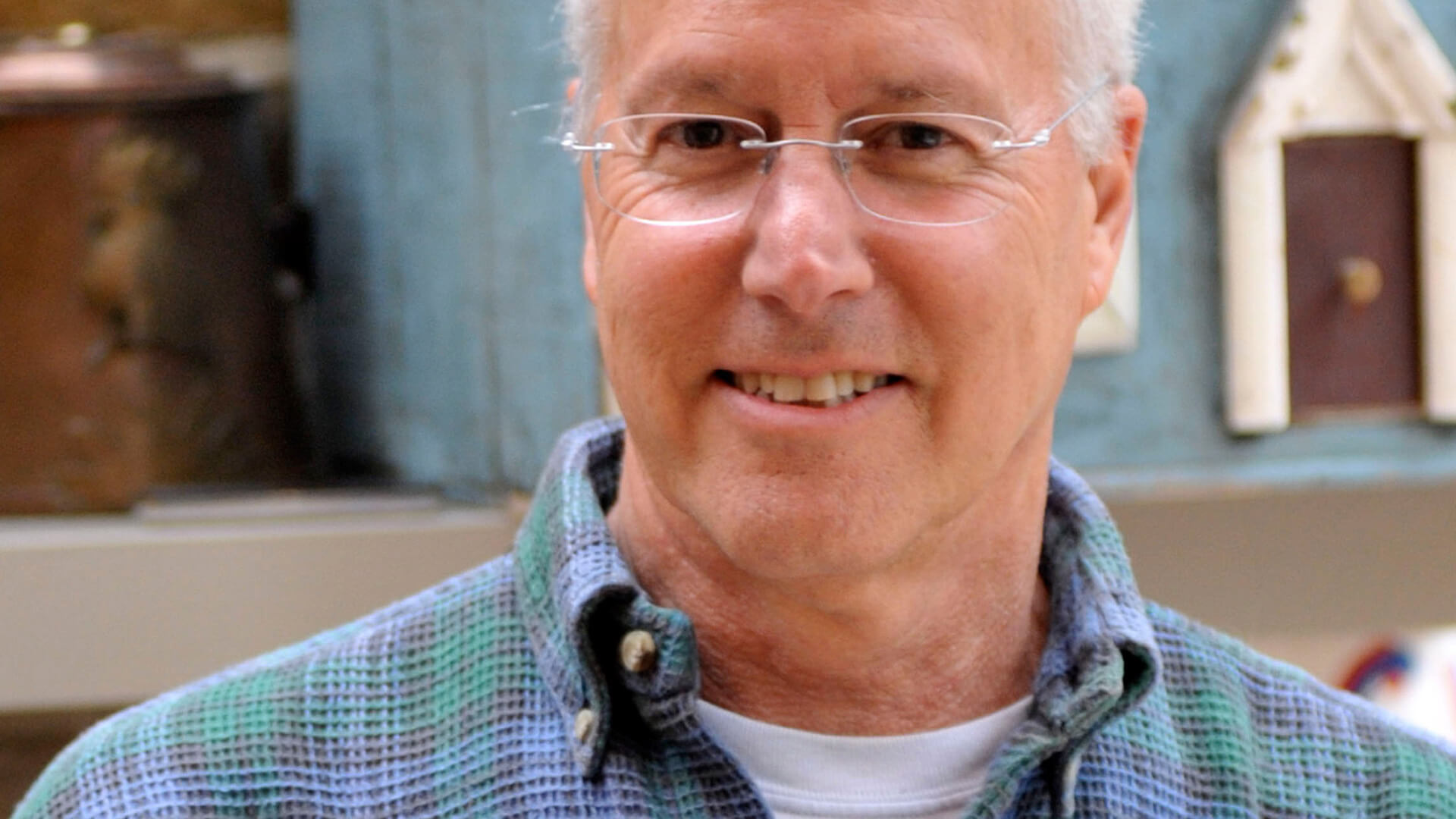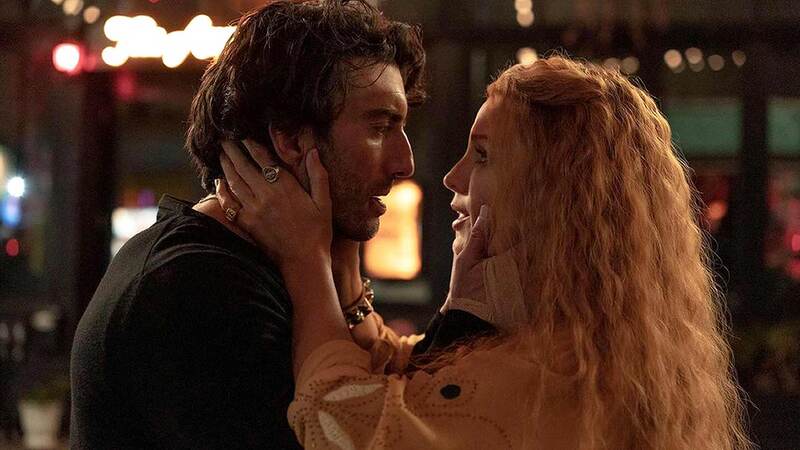You are viewing your 1 free article this month. Login to read more articles.
Bruce Fogle | 'When I think back to those years of my childhood, I think back to a utopia where you had complete freedom'

Caroline Sanderson is a non-fiction writer, editor and books journalist. Her books include a travel narrative, A Rambling Fancy: in the F ...more
 Caroline Sanderson
Caroline SandersonCaroline Sanderson is a non-fiction writer, editor and books journalist. Her books include a travel narrative, A Rambling Fancy: in the F ...more
A Hamilton Hound is snoozing behind the front desk of the London Veterinary Clinic when I arrive to interview head vet and author Bruce Fogle after morning surgery. The dog belongs to one of the receptionists, and is sleeping off the after-effects of some jabs.
A couple of needle pricks is a picnic compared with the faceful of porcupine quills that Fogle’s childhood companion, Angus—a thoughtful black dog with bad breath—endured during one of the Fogle family’s idyllic, two-month summer holidays, which they passed each year at a cedar-clad cottage on the shores of Lake Chemong in Ontario. In his delightful Barefoot at the Lake: A Memoir of Summer People and Water Creatures, Fogle transports us back to one of those holiday seasons. He was 10 years old, and the days “stretched out like cats lazing in the sun”. It was a time of bugs, birds, animals, see-saw weather, human beings of all creeds, and the kind of quietly significant memories which stay with you for a lifetime.
Fogle’s father—“a man with a natural majesty and a deficiency of words”—was a Toronto florist, and Jewish. He built the cottage in 1949, on land purchased from a Mr Everett, who didn’t like Jews. On the day they signed the legal transfer, Mr Everett turned to Fogle’s father and asked whether he was a Jew. “My father replied: ‘I’m Scottish. I was born in Glasgow. That’s why my children are named Robert and Bruce, and my dog Angus’. My dad got the land without telling a lie.”
Fogle’s footloose days at the cottage—“I was barefoot. I always was”—were spent wandering free with Angus, sometimes hanging out with the children of other lake vacationers, including his first crush, Grace, a girl with “legs as straight as poplars” and “knees chapped like a boy”. They built a fort and founded a “Dominion of Boys”; waded around in “frog bog”, hunting for turtles; rowed around the lake; carved their names in birch bark and took swimming lessons with buxom Mrs Blewett; devoured Mrs Nichols’ prize-winning butter tarts; and read Hardy Boys books when it rained. “Sometimes, even when you’re little, you know when life is perfect,” writes Fogle.
But it is Fogle’s Uncle Reub who makes the greatest impression, imbuing the book with a quiet wisdom. Twenty years older than his sister (Fogle’s mother), Reub took refuge at the lake after the end of his second marriage, and the latest in a series of frequent nervous breakdowns which punctuated his life. This despite a distinguished medical career during which he developed the “bloodless tonsillectomy”, a technique that saved the lives of thousands of children.
Staring out at the lake from his lawn chair for hour after hour, Uncle Reub— “a 5’3" Baby Buddha of a man”—was in a difficult place. “In my life I’ve wandered into a dark forest,” he tells his nephew. And yet all the children loved his company. “He was overwhelmingly charming, and had the ability to make you feel you were the most important person in the world. And to children that was wonderful.”
Uncle Reub makes model canoes. He is a mine of information about the healing properties of plants and the ways of skunks. He dissects a dead dog so that Bruce can see its internal organs, and then sews it up again for burial. He regales the children with allegorical stories—told to him by Edgar “Ten Fingers”, a medicine man of the Oglala Sioux—which encourage the children to think about the nature of belief. “He opened all our minds out from the Judeo-Christian context we lived in.” Above all, Reub teaches Bruce reverence and respect for the natural world and, at the end of the summer, he awards his nephew a special new name: Beast Ranger. “The animals of this world need someone to look after them too,” he tells Fogle.
Utopian childhood
“When I think back to those years of my childhood, I think back to a utopia where you had complete freedom. When she wanted us home, my mother would simply go out with a cowbell and ring it, hoping we’d hear. I think she’d lose her licence to raise children today,” laughs Fogle. His mother—a smoker of cork-tipped Black Cat cigarettes, with “an affable look and an alluring smile”—died late last year, at the age of 100.
Once he, in turn, became a parent, Fogle took his own children to the cottage each summer. When interviewed, Bruce’s son, broadcaster and intrepid globetrotter Ben Fogle, often says that his holidays at Lake Chemong kindled his appetite for adventure. “Eight weeks of bliss, as idyllic as any childhood experience could be . . . I learnt the important lessons about life. To value nature and the environment. Respect. Adaptation. Resourcefulness”. Bruce Fogle’s grandchildren now frolic each summer by the same lake shores.
Fogle’s first book was Pets and their People, published in 1983 and inspired by his researches into the “human-animal bond”. Later, he “struck gold” by becoming DK’s “tame vet”, and writing numerous pet guides—the publisher puts worldwide sales at around nine million copies. However, he had long nurtured a desire to write books into which he could inject a little more of his own personality. “I had thought about doing a series of James Herriot-type books, set in 1960s/’70s/’80s London instead of Yorkshire, and told as autobiographical fiction. As a dry-run, I thought I’d write about my relationship with my favourite uncle during one childhood summer.”
Barefoot at the Lake was also inspired by Tove Jansson’s The Summer Book. “She grew up on an island off the coast of Finland; I grew up on a lake in Ontario. But I felt an instant kinship with what she described.” Just as Jansson thinly disguises herself as a girl called Anna, so Fogle decided initially to call himself Daniel and write in the third person. But his editor, Hannah MacDonald, asked him to change it to a first-person narrative, and to say more about how he decided to become a vet.
As a result, Barefoot at the Lake is a fascinating account of finding one’s vocation in life, with Fogle’s childhood holidays kindling a passion for animals, and for anatomy and physiology: “I found it fascinating that you bleed when you cut yourself and I thought blood was gorgeous. If I was gutting and cleaning fish, I always wanted to know what each bit was for.” A few years later, when Fogle’s father tried to insist that his son studied human rather than veterinary medicine, it was Uncle Reub who persuaded him otherwise. Fogle qualified in Canada and then came to London, where he met his future wife, actress Julia Foster, and put down roots, like the cedar saplings that grow up around Lake Chemong.
Circle of life
There is a something of the circle of life about Fogle’s relationship with MacDonald, founder of new independent press September Publishing (Barefoot at the Lake is one of its launch titles). MacDonald first worked with Fogle in 2005 when she was an editor at Ebury, and he had written Travels with Macy, tracing a journey across the US with his golden retriever in the footsteps of John Steinbeck. “I thought I had written a travel book, but when Hannah read it, she said ‘you’re a natural, natural history writer’. I realised she was right, and that I had concentrated on the fireflies and the rattlesnakes. She also pointed out parts of the book where she wanted me to be a bit freer with my feelings, and they were precisely the places where I was clamming up, not wanting to let personal things out. I said to her: ‘That’s the best advice I’ve had since I wrote my very first book.’ Hannah asked me who my editor was and I told her it was a man called Robert MacDonald. She paused for a moment, and then she said: ‘He was my father.’”
Metadata
Publication: 30.04.15 Formats: HB/EB
ISBNs: 9781910463000/ 9781910463086
Rights sold: US and Canada to Greystone
Editors: Hannah MacDonald and Charlotte Cole, September Publishing
Agent: Unagented, although some of Bruce Fogle’s pet care publishing is through Patricia White at RCW








